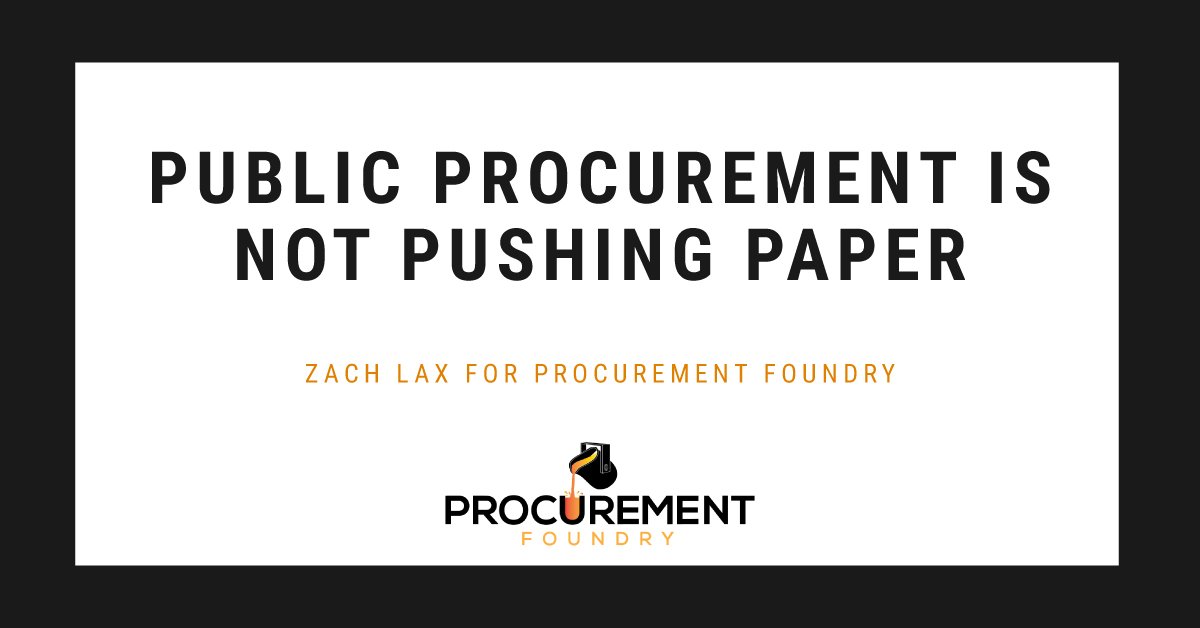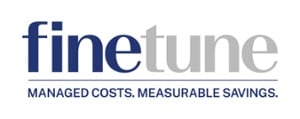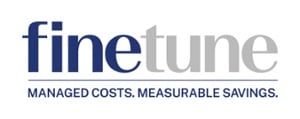Maximizing Savings Opportunities and Procurement's Strategic Value for CPOs
Saving money is not always about pinching pennies: advanced and data-driven insights enable you to identify real cost-saving opportunities, negotiate...

Let’s call out the elephant in the room: public procurement does not have a good reputation. Outside of government, it is often regarded as an incomprehensible process that favors the same old suspects or established enterprises with the resources to dedicate to government contracting. Inside of government, it is often seen as an administrative burden and a timewaster. When public entities take the time to build out a dedicated procurement function that explicitly supports the entire organization, it unlocks many rewards. A strong procurement team that has the resources and executive support to flourish can drive strategy, competition, and organizational values.
Procurement can support strategy by acting as an objective market observer, an impartial judge, and a supporting negotiator. A centralized buying organization is the only team that can conduct ongoing market research year-round, independent of hype cycles or pushy salespeople. Purchasers can use their experience to facilitate the development of evaluation criteria that ensures every product is assessed equally without bias and protects the public agency against bid protests. Procurement can support vendor negotiations by applying performance contracting and volume agreement mechanisms framed against a holistic view of the entity’s entire budget and needs. A procurement team that hasn’t built out the category expertise or a contract negotiations function necessary to hold vendors accountable can find their contract costs increase by a range of 10%-20%.
Procurement is crucial for unlocking suppliers’ competitive advantage. When the procurement process is inaccessible to most suppliers, they choose not to participate, which reduces the need for the remaining suppliers to compete on price or quality. Instead of forcing suppliers to develop competitive advantages (and thereby increase the value to the government purchaser), this closed market ecosystem allows suppliers to charge higher and higher prices for suspect quality because they don’t have to compete with their peers. A robust purchasing org is critical for maximizing the number of vendors that can participate in bidding to promote as competitive an environment as possible. Empirical research has shown that increased publicity and vendor participation can significantly decrease costs.
Procurement provides a tangible way to meaningfully support an organization’s values. Instituting diverse vendor or environmentally friendly product purchasing goals goes beyond virtue-signaling and literally puts the organization’s money where its mouth is. More than just bolstering credibility, values-based procurement provides a quantitative benchmark for progress on fulfilling those values. Studies from the private sector show that an organization’s brand perception and customer purchase intent increased by double digits as the public’s awareness of their supplier diversity program increased. For the public sector, increasing general public support is no less important, as there will also always be both ongoing and new initiatives that taxpayers will be asked to “buy” into.
It is unfortunate that procurement in many public organizations so often does not deliver maximum returns on strategy, competition, or values. Although private organizations are not immune from the same challenge, public entities often lack the political will to marshal the same talent and resources to correct procurement inadequacies. Until we all agree to discard the misconception that public procurement is red tape for the sake of red tape and focus on building up our procurement functions into strong, well-supported teams, public organizations will continue to fall short of realizing their true potential. With the right focus and investment, public procurement can stop pushing paper and start building capacity.
About the Author
Zach Lax is a passionate advocate for public procurement. As someone with an ongoing career in public service that includes roles at both the local and state levels, his goal is to develop programs and tools that drive innovation and efficiency in government administration. Zach holds a JD/MBA from Boston College. Views are his own. Connect with him on LinkedIn here.

Saving money is not always about pinching pennies: advanced and data-driven insights enable you to identify real cost-saving opportunities, negotiate...

The topic of our recent roundtable discussion with a dozen Procurement Foundry community members—exploring potential flaws in procurement incentive...

Every 30 days or so, I get the same alert on my phone—“Your electricity bill is available for viewing.” I take a quick look, make sure nothing seems...